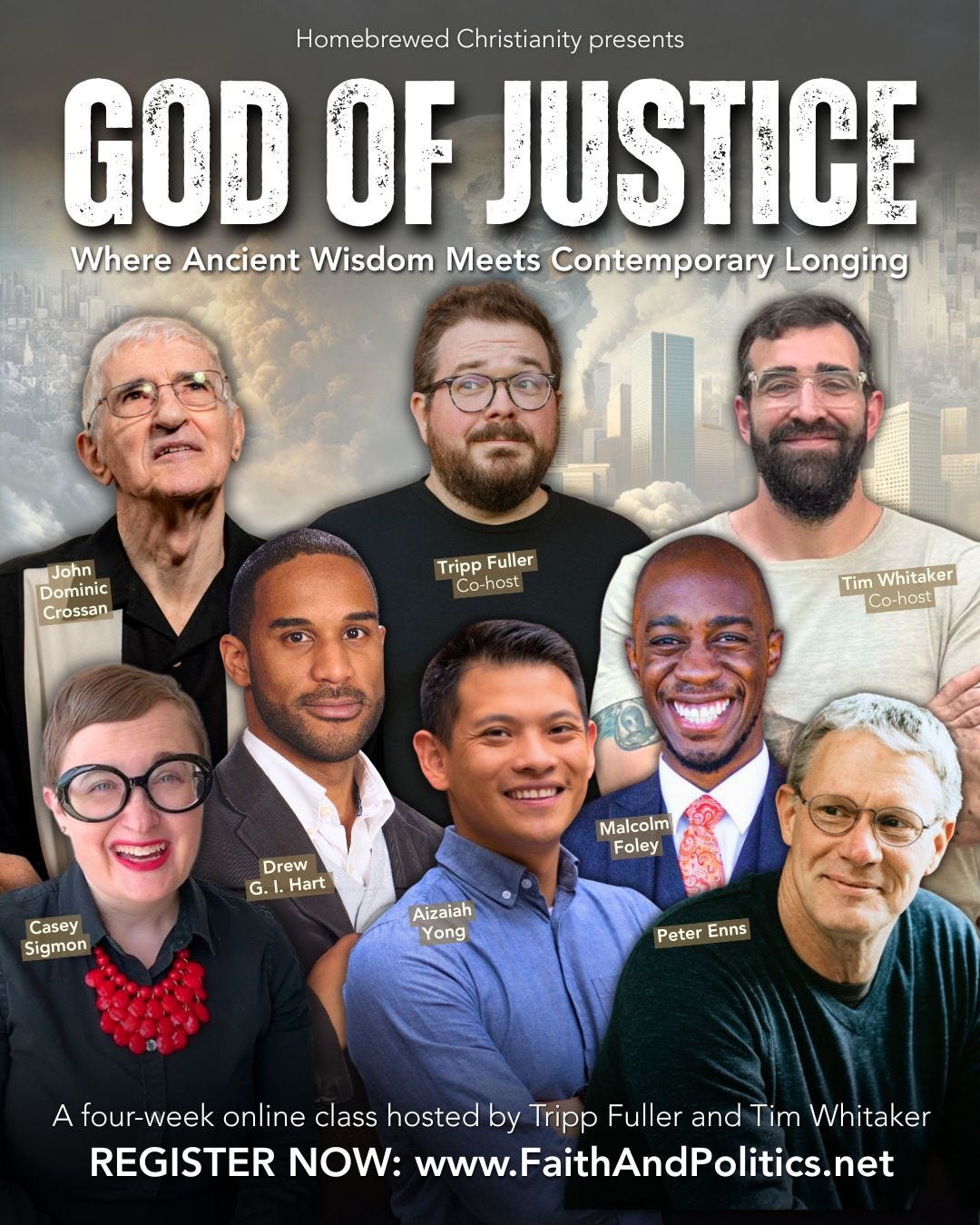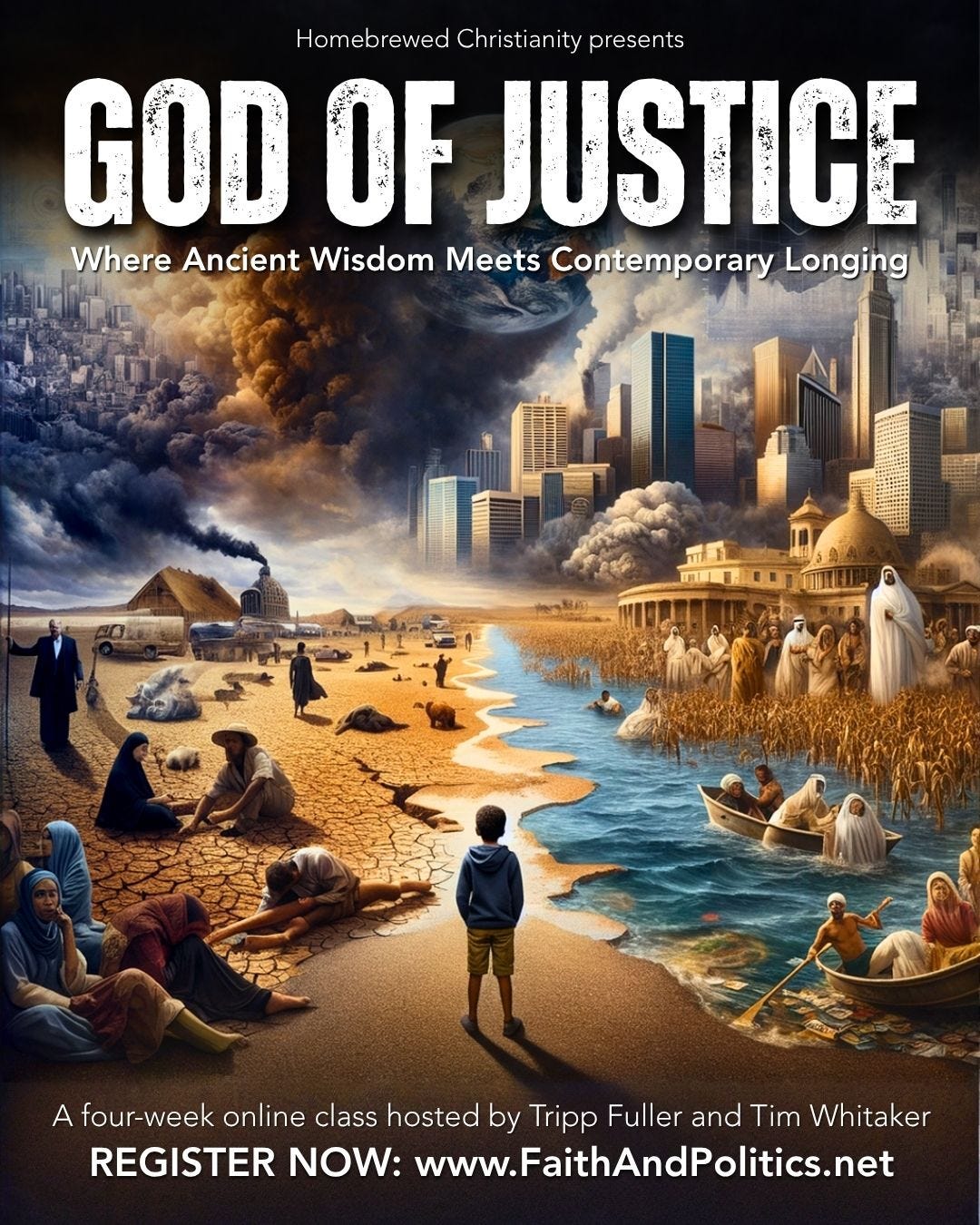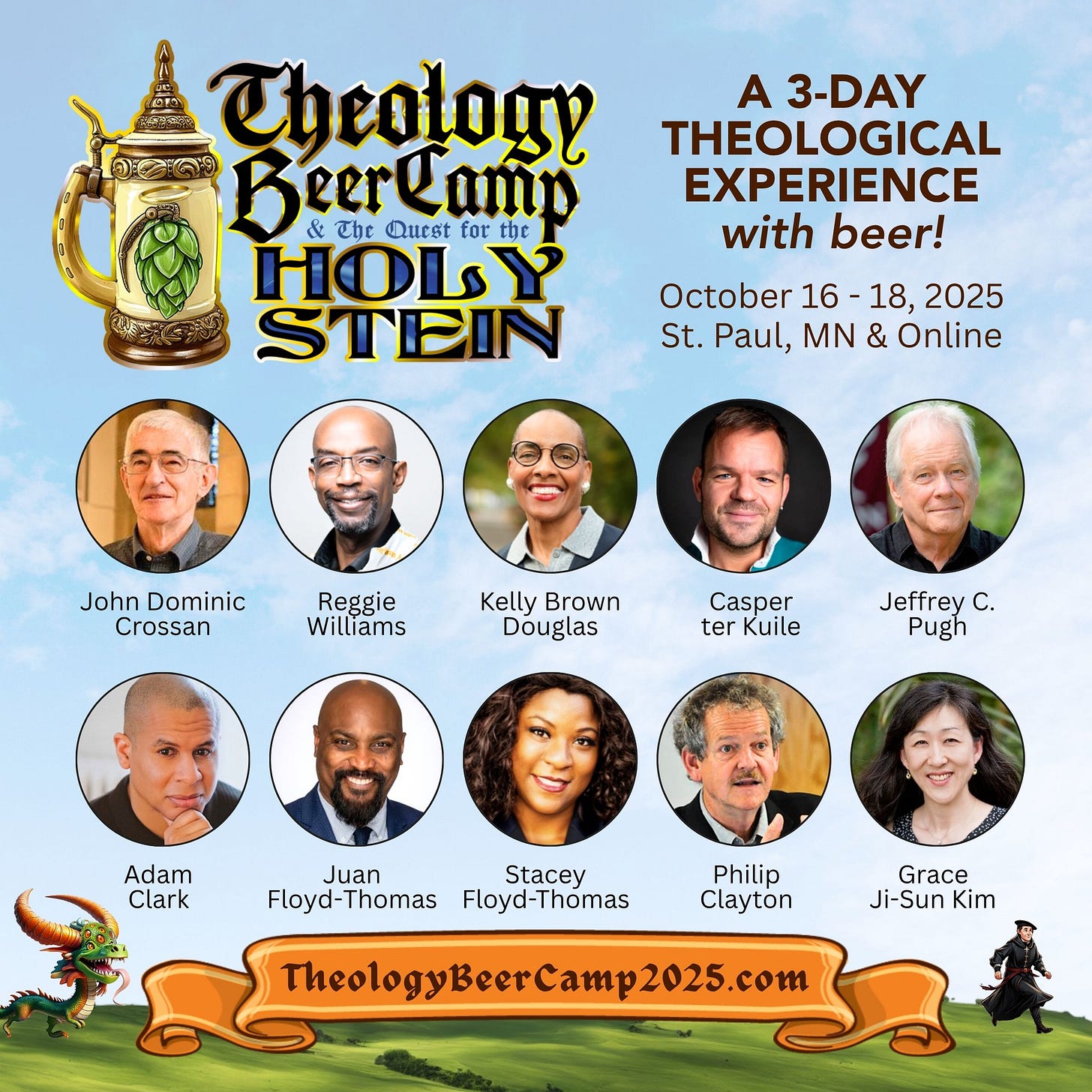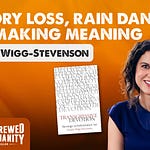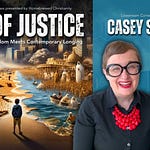What’s up theology nerds! On this episode, I had the absolute privilege of sitting down with Dr. Grant Wacker, one of America’s preeminent historians of religion, and man did he deliver. We dove deep into his fascinating “Bushman test” – the idea that when writing history, you should do so with the understanding that you might someday encounter your subjects in heaven. That framework of being both critical and sympathetic really animated our whole conversation.
But here’s the kicker – I asked Grant to reflect on the defining moments in American religion as we approach our 250th anniversary, and he came back with 11 (not 10!) pivotal moments that have shaped who we are religiously as a nation.
SCROLL DOWN TO SEE THE LIST
From the expansionist impulse of colonization to the power of renewal movements, from the subjection of Native Americans to the role of reform theology, Grant unpacked these threads with the wisdom that only comes from decades of wrestling with this stuff. We also got into his work on Billy Graham, the birth of Pentecostalism, and how technology has revolutionized religious movements. This is the kind of conversation that helps you understand not just where American religion came from, but where it might be headed. Grab your coffee and settle in – this one’s worth savoring.
The Four Great Underlying Forces
1. The Physical Environment
America's unique geographical advantages - its coastlines, great river systems like the Mississippi and Ohio, and abundance of arable land - created what historian David Potter called "the people of plenty." Unlike nations that face recurrent cataclysmic events, America has been blessed with a physical environment that enabled prosperity and expansion. This material abundance profoundly shaped American religious optimism and the belief that divine providence favored the nation's growth and mission.
2. The Puritan/Capitalist Impulse
This force emphasizes individual ability, personal responsibility, and the critical importance of time management - "time counts and how you spend your time counts." Rooted in Puritan theology but extending far beyond it, this impulse creates a purposeful, goal-oriented approach to life that values self-improvement and accountability. It represents the Protestant work ethic that Max Weber identified as foundational to capitalist culture, but with distinctly religious overtones about stewardship and calling.
3. Oppression
The systematic subjection of Native American populations and the institution of slavery represent foundational traumas in American religious history. These patterns of oppression, often justified through religious rhetoric and theology, created enduring ramifications that continue to shape contemporary American religion. The religious communities' complicity in, resistance to, and ongoing wrestling with these legacies of injustice remain central to understanding American faith traditions.
4. Immigration
Wave after wave of immigration brought people with different religious traditions into contact and conflict with established host cultures. This ongoing process created both tension and creative synthesis as religious communities negotiated questions of identity, belonging, and pluralism. The challenge of maintaining distinct religious traditions while adapting to American contexts has been a constant dynamic, reshaping both immigrant communities and the broader American religious landscape.
The 11 Defining Religious Moments
1. Expansionist Impulse and Colonization
American religion was born from European colonial expansion - French, Spanish, British, and Portuguese colonization efforts, intertwined with the slave trade. This expansionist mindset became embedded in American religious consciousness, driving both geographical and spiritual conquest.
2. Subjection of Native Americans
The systematic displacement, conversion efforts, and in many cases virtual annihilation of indigenous populations represents a foundational trauma in American religious history. The religious justifications for these actions continue to shape contemporary discussions of land, sovereignty, and justice.
3. Slavery and Enslavement
The religious defense of slavery, the development of distinct African American Christianity, and the ongoing struggle with the legacy of enslavement form a central thread in American religious development. The theological wrestling with human bondage and liberation remains active today.
4. The Power of the Enlightenment
Enlightenment rationality fundamentally shaped American religious thought and practice. As historian Carl Becker noted, "we are so much the products of the Enlightenment, we cannot think any other way." Even critiques of the Enlightenment use its own intellectual tools - linear reasoning, dialogue, and systematic thought.
5. Creation of the American Republic
The Revolutionary War and the founding of the republic established the "free church tradition" and religious liberty. This created unprecedented space for religious experimentation and voluntary association, fundamentally altering how religion functions in society.
6. The Role of War
Particularly the Civil War and World War II, but war generally has been crucial in forming American religious identity. Wars force questions of divine providence, national purpose, and moral obligation that reshape religious communities and beliefs.
7. Reform Movements
The underlying conviction that "life can be better" - that current conditions are not permanent or divinely ordained. This includes structural reform, personal reform, and awareness of gender and social justice issues. The reform impulse reflects a distinctly American religious optimism.
8. Reformed Theology
Despite Wacker's own Methodist/Wesleyan background, he acknowledges the outsized influence of Reformed theology in American religion. Its emphasis on "externalizing" or "outing ourselves" - looking outward rather than inward - has profoundly shaped American religious culture and missionary activity.
9. The Landscaping of Religion
The visual presence of religion in American life - church architecture, steeples, religious buildings that dot the landscape. These physical reminders of religious heritage create a sense of religious belonging and historical continuity, particularly visible in the American South.
10. The Oral (Aural) Tradition
Particularly the hymnal tradition and its nostalgic power. Religious music creates emotional and memory connections that transcend denominational boundaries. As Wacker notes about his own Pentecostal background: "when I hear those songs, I still tear up."
11. Renewal Movements
Movements like Pentecostalism and charismatic Christianity, but also renewal movements outside Christianity. These represent the distinctly American belief that "we can change" - that spiritual transformation and religious revival are always possible.
Dr. Grant Wacker is the Gilbert T. Rowe Professor Emeritus of Christian History at Duke Divinity School and the author of Heaven Below: Early Pentecostals and American Culture, America’s Pastor: Billy Graham and the Shaping of a Nation, and One Soul at a Time: The Story of Billy Graham. He is a former president of the American Society of Church History and has served as a senior editor of the quarterly journal Church History: Studies in Christianity and Culture.
REGISTER for the “God of Justice” Online Class available now!
We live in a moment of profound awakening. Across our communities and world, there is a growing recognition of deep-rooted injustices and an urgent passion for creating a more beautiful, equitable world.
How do we move forward FAITHFULLY?
What WISDOM can guide our longing for justice?
How do we ground our action in SOMETHING DEEPER than outrage or ideology?
This transformative four-week online class brings together distinguished scholars from biblical studies, theology, history, and faith leadership to offer exactly what our moment demands: the rich, textured wisdom of multiple academic disciplines speaking into our contemporary quest for justice. Here you'll discover how ancient texts illuminate modern struggles, how theological reflection deepens social action, and how historical understanding opens new possibilities for faithful engagement with our world's brokenness and beauty.
Hosted by...
Tripp Fuller - Homebrewed Christianity
Tim Whitaker - The New Evangelicals
Our featured scholars include...
John Dominic Crossan
Peter Enns
Casey Sigmon
Drew G.I. Hart
Aizaiah Yong
Malcolm Foley
ASYNCHRONOUS CLASS: Lectures and livestream replays are available on the Class Resource Page. You can participate fully without being present at any specific time.
COST: A course like this is typically offered for $250 or more, but we invite you to contribute whatever you can (including $0) to help make this possible for everyone!
Join Us For Theology Beer Camp!
Theology Beer Camp is a unique three-day conference that brings together of theology nerds and craft beer for a blend of intellectual engagement, community building, and fun. This event features a lineup of well-known podcasters, scholars, and theology enthusiasts who come together to “nerd out” on theological topics while enjoying loads of fun activities.
Guests this year include John Dominic Crossan, Kelly Brown Douglas, Philip Clayton, Stacey Floyd-Thomas, Jeffery Pugh, Juan Floyd-Thomas, Andy Root, Grace Ji-Sun Kim, Noreen Herzfeld, Reggie Williams, Casper ter Kuile, and more!



